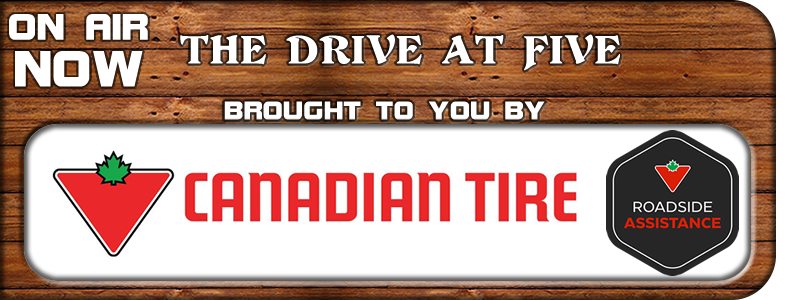The province says it is expanding its infant RSV immunization program to include all babies born one month before and during RSV season, which typically runs from Oct. 1 to March 31. The province said under its new plan, every baby born in Saskatchewan during that time will be able to get the publicly funded immunization at the time of their birth with parental consent. “We previously were immunizing just under 200 high-risk children in the province. Our new rollout of the all infant RSV strategy, which will immunize all children born during our upcoming RSV season, will expand that coverage to over 7,000 children eligible and offered the immunization,” shared Kim Woycik, executive director for Saskatchewan Health Authority’s (SHA) maternal and children programs. Commonly referred to as RSV, Respiratory Syncytial Virus infects the lungs, causing pneumonia or bronchitis and can lead to emergency room visits and hospitalizations. Premature babies and infants with chronic heart or lung disease are at the highest risk of developing severe infections and death, the province said. “The Saskatchewan Health Authority applauds the Government of Saskatchewan for responding to the Public Health Agency of Canada’s National Advisory Committee on Immunization’s (NACI) recommendation and expanding the availability of RSV immunizations for newborns as an additional opportunity to protect infants against severe RSV disease,” Saskatchewan Health Authority Head of Pediatrics Provincial Department Dr. Terry Klassen said in a news release. The province says the previous program that was based on recommendations from the Canadian Pediatric Society targeted only high-risk children during their first and second RSV seasons and used a multi-dose immunization. “The new immunization (Beyfortis) requires only a single dose which will cover the infant in their first RSV season. This will also be given to some high-risk infants in their second season,” the province said. The province says a broader immunity can reduce severe outcomes in infants while also helping to protect health system capacity. “RSV immunization should be considered for all infants born during their first RSV season, and for those with increased risk during their second season. For additional information on RSV immunization, it is best to discuss with your prenatal care team, maternal health care providers while in hospital, or contact your primary health care provider,” the province said. With infants between the ages of three months up to two years-old being more susceptible to the illness, Klassen told CTV News immunity can reduce hospitalization by 80 per cent. “I’ve seen these children, in emergency or had to admit some, it’s a very profound experience for them and it’s quite scary,” Klassen explained. “The fact that we will see that reduction and the families won’t need to experience that I think is really important. I think you always have to look at the end benefit of what is the impact on the children and on the families. While we have our hospitals, they’re great places when you need them, you know if you have a way to prevent that from happening. It really is an important thing to introduce into health care.”
|































